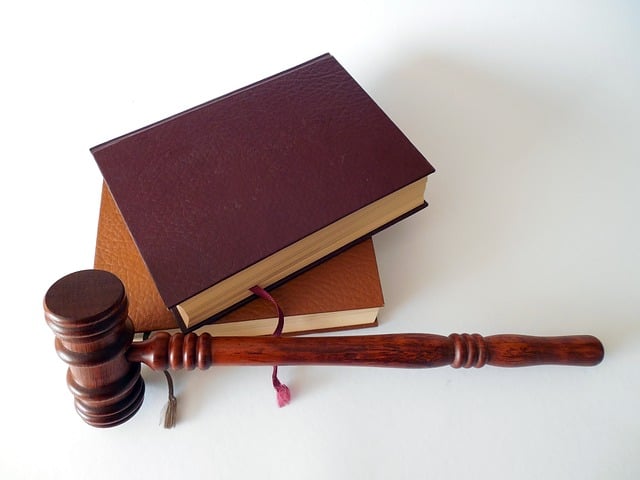Updated on February 28, 2024
Understanding Lis Pendens: The Basics
Lis pendens is Latin for “suit pending”. It is also often referred to as a Notice of Pendency of Action. It is a notice recorded with the County Recorder’s Office in the county where the property is located that puts the world on notice, through its recording, that there is a lawsuit currently pending that concerns title or possession to the real property.
Implications of Recording a Lis Pendens
When properly recorded, a lis pendens imparts constructive notice to subsequent purchasers, transferees, and encumbrancers that an action is pending which affects the real property described in the notice. California Code of Civil Procedure Section 405.24 outlines the legal framework for this process.
Common Legal Grounds for Lis Pendens
We typically see lis pendens recorded in several types of cases, including: quiet title, specific performance, easement cases, partition, adverse possession, wrongful eviction, and several other types of real property claims.
Strategic Advantage of Lis Pendens in Real Estate Disputes
Recording a lis pendens is a relatively quick and easy method to provide notice and establish priority in the chain of title. However, if a party records a lis pendens but cannot show the probable validity of their claim or that they have a real property claim, they may later become subject to a motion to expunge the lis pendens and could be held responsible for the opposing party’s attorneys’ fees in bringing such a motion.
Further Insights on Lis Pendens
A properly recorded lis pendens will typically prevent a sale, prevent a commercial loan, prevent a refinance, and be a cloud on title, impacting the property’s marketability and the owner’s ability to transact freely.
Expert Legal Support for Lis Pendens Matters
At Schorr Law, our real estate attorneys have extensive experience with lis pendens, expunging lis pendens, and the use of lis pendens on all sorts of claims. Please do not hesitate to contact us should you have a real estate matter involving a lis pendens or where you think a lis pendens can effectively be used to preserve your claim. Call Schorr Law at (310) 954-1877, or email us at info@schorrlaw.test2.redblink.net to see if you qualify for a free 30-minute consultation.
By Zachary D. Schorr, esq.
